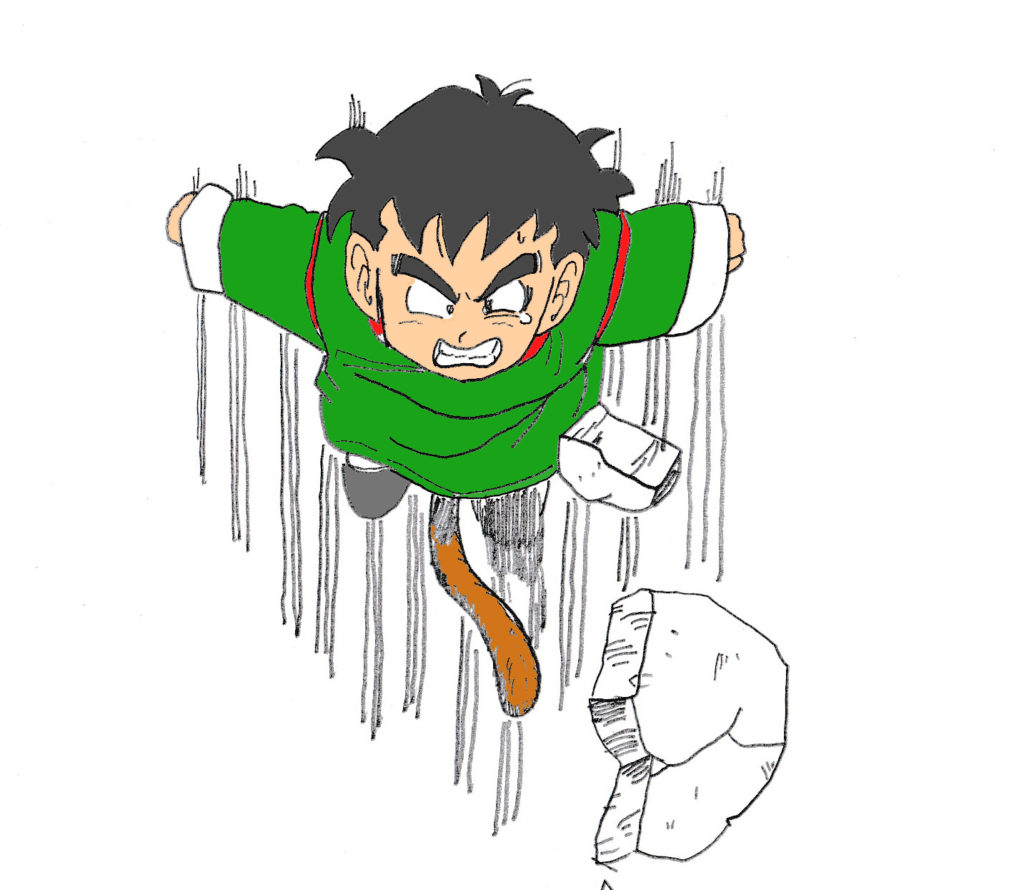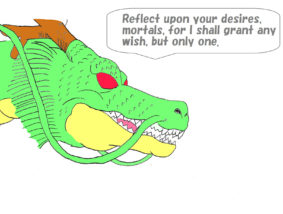長文
The library was a quiet haven where scholars immersed themselves in ancient texts and rare manuscripts. Each book came with detailed annotations, providing insights into the thoughts and contexts of the original authors. In one corner, a historian was examining documents from the 18th century, hoping to uncover evidence of contraband trade along the coast. Nearby, an archivist was engaged in collation, carefully comparing different versions of a medieval manuscript.
In another part of the library, a small group had gathered to offer their condolences to a colleague who had recently lost a loved one. They sat together in somber reflection, sharing stories and memories.
Meanwhile, in the administrative office, staff were dealing with a significant backlog of requests for book loans and research assistance. This was a recurring issue, exacerbated by the library’s limited resources.
At the same time, a ceremony was taking place in the main hall to celebrate the naturalization of new citizens. The hall was filled with joy and hope as people from diverse backgrounds received their certificates. Among them was a young couple, who had just entered the infancy of their journey in a new country. They were looking forward to the future and the opportunities it held.
In another room, a debate was underway about the library’s liability in case of lost or damaged books. The legal team was reviewing the terms of their insurance policy, ensuring that they were adequately covered.
Outside, in the garden, a wedding was being prepared. Matrimony was a common sight in this picturesque setting, with couples choosing it as the perfect place to start their lineage. The bride and groom were excited and slightly nervous, anticipating the start of their life together.
Inside the building, a writer was grappling with an accusation of libel in his latest book. He was consulting with his editor, ensuring that all the claims were substantiated to avoid legal repercussions.
The library also maintained a strict quota on the number of books each member could borrow at one time, a policy that was necessary to manage the limited supply. However, frequent patrons enjoyed certain perks, like extended loan periods and access to exclusive events.
In the administrative wing, a discussion was ongoing about the retirement of the head warden. He had served the library faithfully for decades, and his spouse was there to support him as he prepared to hand over the reins to a successor.
(英語で理解してもらうため日本語訳はできるだけ直訳で訳しています)
図書館は学者たちが古代の書物や珍しい原稿に没頭する静かな聖域だった。それぞれの本には詳細な注釈が付けられており、原著者の思考や文脈に対する洞察が提供されていた。一角では歴史家が18世紀の文書を調査しており、沿岸での密輸取引の証拠を見つけようとしていた。その近くでは、アーキビストが中世の写本の異なるバージョンを慎重に比較する校合作業に従事していた。
図書館の別の場所では、同僚を亡くしたばかりの同僚に弔意を表するために集まった小さなグループがいた。彼らは一緒に物思いにふけりながら、話や思い出を共有していた。
一方、管理事務所では、本の貸出や研究支援の要求が大量に滞っている問題に対応していた。これは図書館の限られたリソースによって悪化する繰り返しの問題だった。
同時に、主要ホールでは新しい市民の帰化を祝う式典が行われていた。ホールは多様な背景を持つ人々が証明書を受け取る喜びと希望に満ちていた。その中には、新しい国での旅の初期段階にある若い夫婦もいた。彼らは未来とその持つ可能性を楽しみにしていた。
別の部屋では、紛失や損傷した本に関する図書館の責任についての議論が行われていた。法務チームは、適切に保険でカバーされていることを確認するために保険の条件を見直していた。
外の庭では、結婚式の準備が進められていた。この絵のように美しい場所で結婚式を挙げるのはよくあることで、カップルはここを新しい家系を始める完璧な場所として選んでいた。新郎新婦は少し緊張しながらも、共に新しい生活を始めることを楽しみにしていた。
建物の中では、作家が最新の本で名誉毀損の訴えに悩まされていた。彼はすべての主張が法的な影響を避けるために裏付けられていることを確認するために編集者と相談していた。
図書館はまた、各メンバーが一度に借りることができる本の数に厳しい制限を設けていた。これは限られた供給を管理するために必要な方針だった。しかし、頻繁な利用者は、貸出期間の延長や独占イベントへのアクセスなどの特典を享受していた。
管理棟では、長年図書館に忠実に仕えてきた主任監督者の退職についての議論が進行していた。彼の配偶者は、後継者にバトンタッチする準備をする彼を支えていた。
単語・熟語穴埋め問題
annotation (●●●)
contraband (●●●)
collation (●●●)
condolence (●●●)
backlog (●●●)
infancy (●●●)
matrimony (●●●)
naturalization (●●●)
libel (●●●)
lineage (●●●)
liability (●●●)
quota (●●●)
perk (●●●)
spouse (●●●)
warden (●●●)
nose around: ●●●
nose out: ●●●
narrow down: ●●●
nail down: ●●●
nod off: ●●●
nibble at: ●●●
例文穴埋め問題
The manuscript was filled with detailed ●●●s that explained the context of the text.
原稿にはテキストの文脈を説明する詳細な注釈がたくさん付けられていた。
The customs officers seized a large amount of ●●● hidden in the cargo.
税関職員は貨物に隠された大量の密輸品を押収した。
The ●●● of ancient manuscripts is a meticulous process that requires great attention to detail.
古代の写本の校合は、細部にまで注意を払う必要がある綿密なプロセスです。
We offered our deepest ●●●s to the family during their time of loss.
我々は喪失の時期にある家族に対して最も深い弔意を表しました。
The company faced a significant ●●● of orders due to the recent supply chain disruptions.
会社は最近の供給チェーンの混乱により、かなりの注文の滞積に直面していた。
The project is still in its ●●●, and there is much work to be done.
プロジェクトはまだ初期段階であり、まだ多くの作業が残っている。
They decided to enter into ●●● after dating for five years.
彼らは5年間の交際の後、結婚することを決意した。
The ceremony marked the ●●● of several new citizens from different countries.
式典は、さまざまな国からの数人の新しい市民の帰化を記念しました。
The journalist was sued for ●●● after publishing false information about the politician.
ジャーナリストは、政治家についての虚偽の情報を掲載した後、名誉毀損で訴えられました。
He was proud of his ●●●, tracing his family history back to the medieval nobility.
彼は中世の貴族までさかのぼる家系を誇りに思っていた。
The company must ensure it has sufficient ●●● coverage to protect against potential lawsuits.
会社は潜在的な訴訟に対する保護のために十分な責任保険を確保しなければならない。
The government set a new ●●● on the number of immigrants allowed to enter the country each year.
政府は毎年入国を許可する移民の数に新しい割当を設定した。
One of the ●●●s of working at this company is the flexible work hours.
この会社で働く特典の一つは、柔軟な勤務時間です。
Employees are allowed to bring their ●●●s to the company’s annual picnic.
従業員は会社の年次ピクニックに配偶者を連れてくることが許可されている。
The ●●● of the prison implemented new policies to improve inmate rehabilitation.
刑務所の監督者は、受刑者のリハビリを改善するために新しい方針を実施した。
熟語例文穴埋め問題
She decided to ●●● around the old house, looking for any hidden treasures.
彼女は隠された宝物を探して古い家を探し回ることにした。
The team managed to ●●● out their rivals in the final minutes of the game.
チームは試合の最後の数分でライバルに僅差で勝つことができた。
We need to ●●● down the list of candidates for the job interview.
私たちは仕事の面接の候補者リストを絞り込む必要がある。
Let’s ●●● down the details of the agreement before we sign anything.
何かに署名する前に契約の詳細を確定しよう。
He ●●●ded off during the lecture because he was so tired.
彼はとても疲れていたので講義中にうとうとして眠り込んでしまった。
The mouse ●●●d at the piece of cheese, taking small bites.
ネズミはチーズを少しずつかじって小さな一口ずつ食べた。
以上が木曜日の内容です。
分からなかった単語だけをノートにコピーしていき、自分だけの単語帳を作っていきましょう。(この作業を行わなければ効果は半分以下になりますのでお気に入りのノートで作りましょう)




